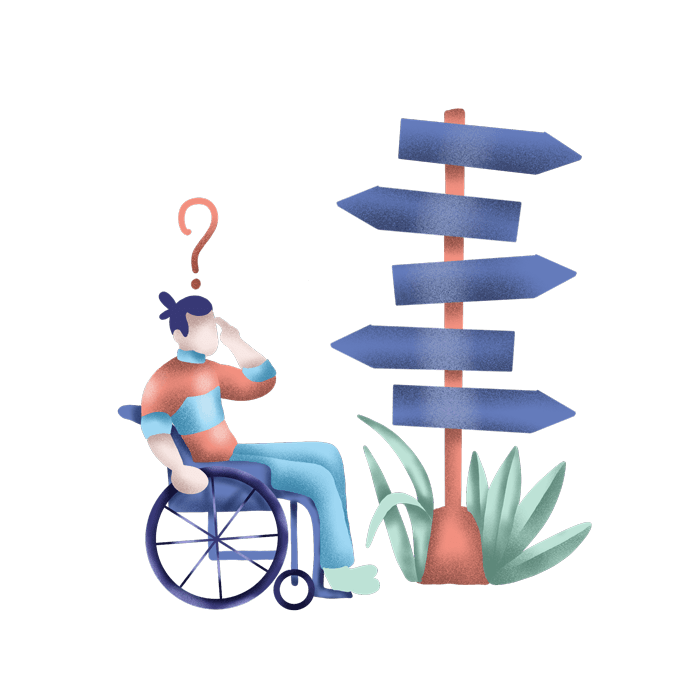Misidentification and resistive violence
Victim survivors often try to reduce, prevent or stop the violence in many ways, and even the smallest act of resistance is significant.
Many people believe victim survivors passively accept violence, and lack self-esteem, assertiveness, or boundaries. Unfortunately, this often leads to an incorrect, stereotyped, or negative view of victim survivors, and results in blaming for the violence. Victim survivors of DFV are far from passive recipients– they do not ‘just go along with it’ or ‘let it happen’.
Without knowing the context and history, it may be difficult to establish whether a client is the person committing DFV, or whether they are in need of safety and protection from DFV.

What is resistive or defensive violence?
- Violence is being used to stop and/or escape ongoing abuse and is considered by the victim as a form of self-protection
- Violence is being used to reclaim and restore dignity as a response to abuse
- The motivation behind the violence is to retaliate and/or resist abuse either in the moment, or with the intention of stopping future violence
In each example of resistive or defensive violence, the motivation is self-preservation or protection of others (i.e. children). It is not about gaining or maintaining control over another person. This distinguishes it from true domestic and family violence. However, it is often caught in the legislative definition as DFV.
Use of resistive violence is very common in some survivor groups. This is particularly true where there has been a failure, or persistent failure, of institutional responses to reported DFV. It can sometimes make it difficult to determine who is most in need of protection.

Misidentification
What happens when the person experiencing the DFV is wrongly identified as the primary aggressor and the person predominantly committing DFV? This is called misidentification and is defined as:
- Failing to identify the person most in need of protection
- Failing to identify the person exerting the greatest harm and fear or power and control
- Wrongly assessing victims of intimate partner violence as the person perpetrating violence
- Wrongly assessing the person using violence as the victim of family violence
- Viewing the violence instead as mutual abuse or lateral violence
Responding to misidentification requires recognition that DFV is:
- Characterised by a pattern of behaviour
- Concerned with gaining and maintain control over another person
- Commonly characterised by a victim survivor who is fearful of the person committing DFV; and
- Distinguished from other forms of violence such as family fighting.
This is an important issue in screening and assessing for DFV risk. For more information please consult a DFV specialist organisation.
National Helplines: